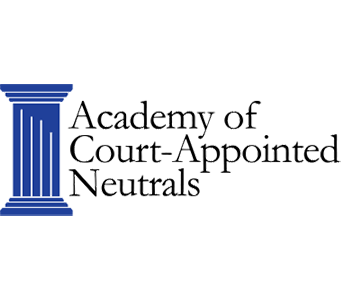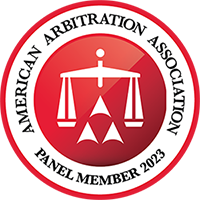ADR has become prevalent in bankruptcy proceedings and often results in much success for all parties involved. Mediation has been used in bankruptcy cases for a wide range of disputes, including complex multi-party chapter 11 reorganization plan negotiations, restructuring and workouts, preference and avoidance actions, objections to discharge other adversary proceedings, claim objections and other contested matters.
Mediation can be especially effective in Chapter 11 bankruptcies as a tool to construct a consensual plan of reorganization. The mediation process provides the debtor with an opportunity to negotiate, with the assistance of a neutral third party, with creditors in an informal setting to reach a settlement that is fair and in the best interests of all involved parties. Furthermore, by providing the debtor with an opportunity to resolve claims outside of court, both money and time can be saved by avoiding potentially expensive and lengthy litigation. Mediation may also be useful in the chapter 7 context to resolve disputes involving preference, avoidance, non-dischargeability, fraudulent conveyance and claims allowance actions. These discreet issues are often dealt with more efficiently—and more economically—without litigation.
Having served as a US Bankruptcy Judge in the Western District of Tennessee, Judge Donald has deep and diverse experiences in all facets of restructuring, workouts and Chapter 11 bankruptcy cases. From Neutral Case Evaluations and mediation, to Appellate Insight, Moot Court and Arbitration, Judge Donald is available to assist debtors and creditors to find solutions – either by reducing the number of issues that must be litigated or by avoiding litigation entirely. In addition, her background as a former judge of the US Court of Appeals and US District Court lends experience to decisions and creative solutions.
Representative Matters
- Chapter 11 and 9 reorganization plans
- Adversary proceedings brought by estate representatives, including Chapter 7 trustees, Chapter 11 trustees, and post-confirmation Plan Trustees
- Out of court restructurings and workouts
- Mass torts and product liability claims
- Breaches of fiduciary duty
- Valuation disputes (assets and businesses)
- Individual case issues, including dischargeability litigation, objections to exemptions
- Validity and priority of claims
- Fraudulent transfers, preferences and other avoidance actions
- Disputes relating to secured status
- Asset sales disputes
- Contracts, leases, supply agreements – executory contract assumption and rejection disputes, rejection claims
- Corporate governance issues
- Intellectual property disputes
- Professional fee disputes
- Cross-border insolvency
- Employee and union claim and contracts
- Retirement benefits, employee benefit and pension plan disputes, and other post-employment benefits (OPEBs)
- Environmental claims
- Tax disputes and disputes with governmental units
- Real estate disputes
- Claims litigation, including validity, priority, and subordination
- Partnership disputes
- Collection & Turnover Actions
- Consumer Protection Actions




